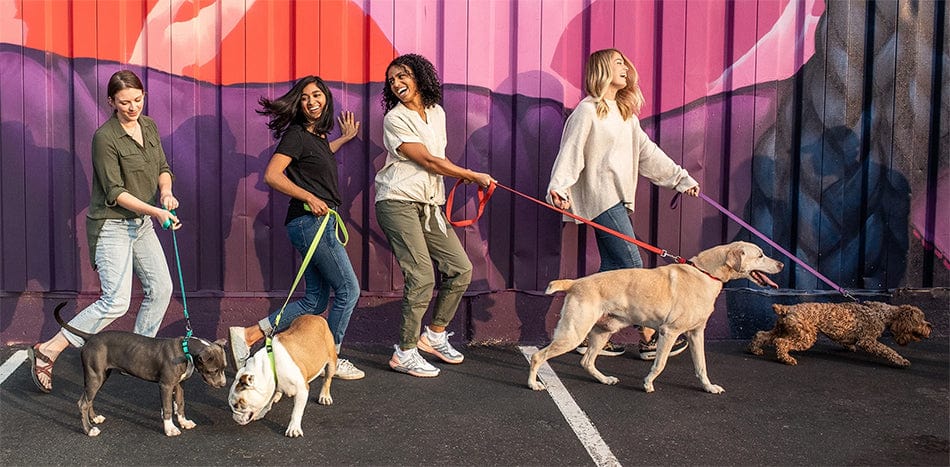Your cart is empty. Let's fix that!


Although outdoor cats enjoy a life full of freedom, their lifestyle is much more dangerous than that of their indoor counterparts. There are pros and cons to indoor vs. alfresco living for cats, and each feline is different.
There are many different types of cat breeds, and some fare better as outdoor cats than others. Some indoor cat breeds include Persians, Burmese, and Ragdolls. A few outdoor cat breeds are Abyssinians, Bengals, and Bombays.
The consensus shared by most veterinarians is that it is much safer to keep your cat inside. The average lifespan of an indoor cat is 13-17 years, while the average lifespan of outdoor cats is 2-5 years. When cats are kept at home, it’s much easier for their pawrents to identify allergies and potential health issues before they become problematic.
Nutrition is equally important for indoor and outdoor cats. Your homebody cat will enjoy fiiller free food to keep them as frisky as if they were hunting in the wild. Your outdoor adventurer will need special noms to support digestive health in case they make a meal out of some questionable things they find outside.
If you have an outdoor cat, you should try to get them to come inside before dark, as this is when it’s most dangerous for them to be out and about. Some outdoor cat owners worry that their cat will get into fights with feral felines, will get hit by a car, or will accidentally ingest toxins like antifreeze. Another common concern that outdoor cat pawrents face are fleas, but luckily there are ways to safely remove these pesky pests. One positive aspect of having an outdoor cat is that this lifestyle helps prevent them from becoming overweight, and the litter boxes inside the house get used much less frequently.
Recommended outdoor cat vaccines:
Since indoor cats live a more sedentary lifestyle, they should be provided with perches, scratching posts, and toys. Check with your vet to find out exactly what vaccines indoor cats need. Most indoor cats require just 2 vaccines:
Both indoor and outdoor cats should be spayed or neutered to prevent unwanted litters, and all cats should visit the vet twice a year for semi annual checkups.